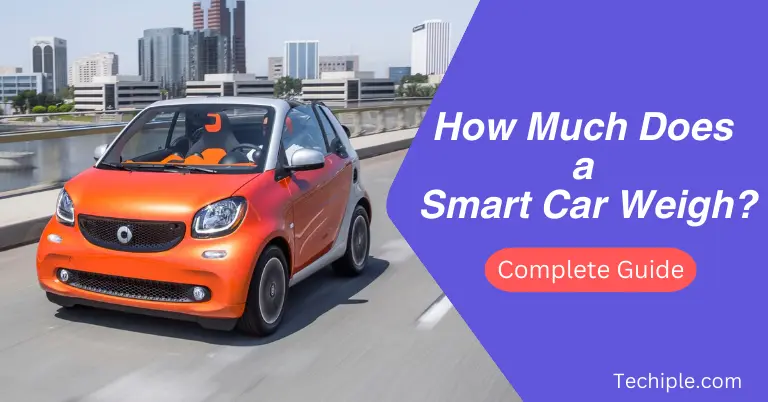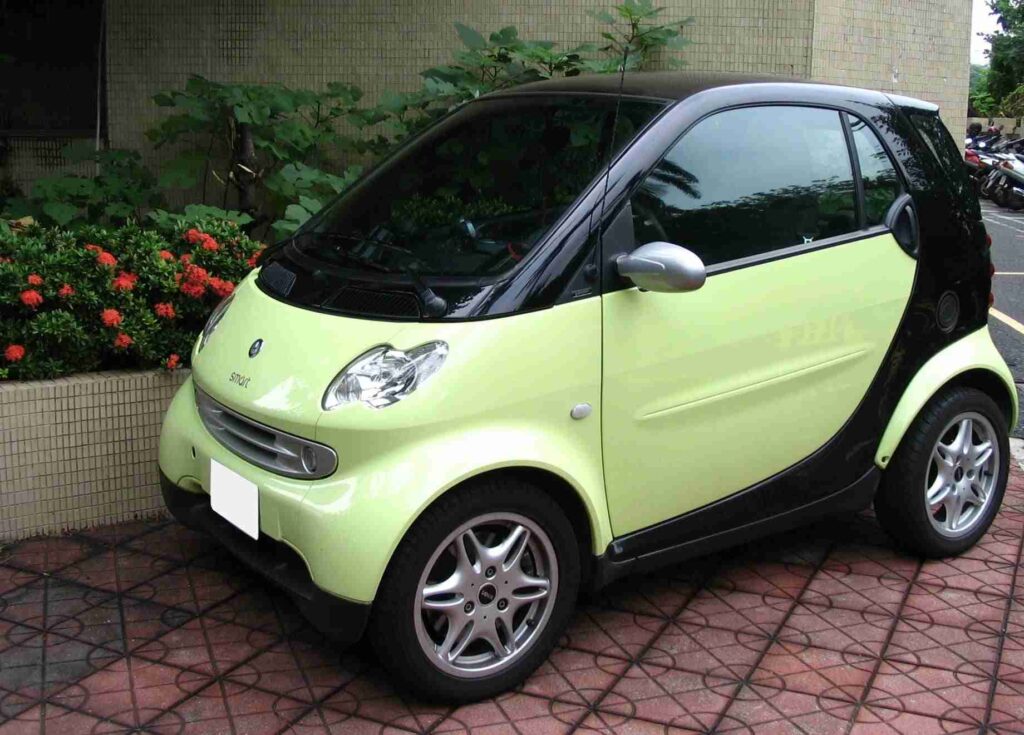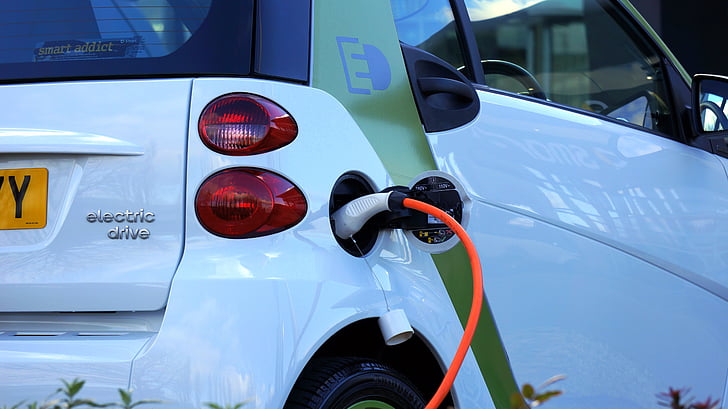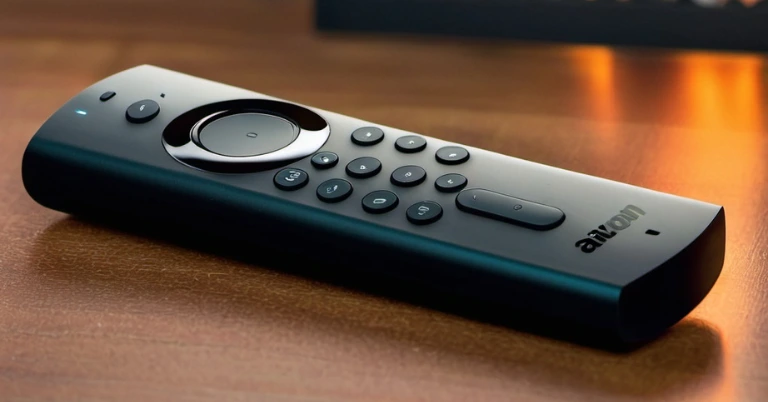How Much Does a Smart Car Weight? The Surprising Truth

When considering a smart car, enthusiasts often focus on the vehicle’s weight, as it significantly impacts its overall performance. The weight distribution of a smart car affects car handling, especially during sharp turns and varying acceleration speeds. Lighter vehicles tend to have better fuel efficiency and improved energy use, which is crucial for both fuel consumption and the driving experience.
A smart car’s mass also plays a role in gravitational force, impacting the car’s stability on the road, particularly in challenging conditions like rainy weather.
Vehicle safety standards ensure that despite the lighter frame, the car remains safe and responsive, meeting all necessary requirements for safety. For anyone considering a vehicle purchase, understanding how a smart car’s weight influences these factors is key to making an informed decision.
This comprehensive guide helps smart car buyers better grasp the important balance between weight and vehicle performance.
What Is a Smart Car And How Much Does a Smart Car Weight?
A Smart Car is a small, efficient vehicle designed with urban mobility in mind. Its compact size and innovative design make it perfect for maneuvering through congested city streets, where space is limited and parking is often a challenge. The car’s weight plays a crucial role in its overall performance, as a lighter vehicle typically results in better fuel consumption and improved efficiency.
The weight distribution of a Smart Car is carefully considered to enhance its vehicle safety, making it stable and easy to handle during urban driving. This ensures that drivers can enjoy a smooth and secure driving experience even in crowded environments.
Detailed Breakdown of Smart Car Weights

Smart cars, especially models like the Smart Fortwo and Smart Forfour, are designed with efficiency and eco-friendliness in mind. These compact, agile vehicles are ideal for urban environments, offering practical solutions for tight parking spaces and city driving. Their relatively low curb weight is a key factor in their overall performance, including better handling and fuel efficiency.
Smart Fortwo
This model is the classic representation of smart design. It weighs approximately 1,800 pounds (around 800 kilograms). The small, lightweight frame allows it to navigate tight corners with ease, making it a champion in city driving.
Smart Fortwo Electric Drive
The electric version of the Smart Fortwo comes with a slightly higher weight due to the added battery. However, it still remains under 2,000 pounds (about 900 kilograms). As an electric veehicle, it plays a significant role in electric mobility and environmentally conscious driving, offering a blend of practicality and eco-friendliness.
Smart Forfour
The Smart Forfour is a slightly larger model, offering more interior space for passengers. Despite the increased size, it maintains a low weight profile, around 2,000 pounds (900 kilograms). Its compact footprint and light curb weight contribute to its agility in city traffic.
Smart EQ Forfour
The electric counterpart to the Smart Forfour, the Smart EQ Forfour, adds electric technology to the mix. Its curb weight is a bit heavier than the non-electric Forfour, due to the battery, but it still remains lightweight compared to traditional cars. At about 2,200 pounds (1,000 kilograms), it stands as a leader in combining electric mobility with practicality.
How Smart Car Weight Influences Driving Dynamics
When considering how much does a smart car weight, it’s essential to understand how weight influences its driving dynamics. The weight of a car directly affects its handling, acceleration, and overall driving feel. For example, lighter smart cars offer better fuel efficiency, which is beneficial for daily commutes.
Overall, the weight of a smart car plays a significant role in shaping how drivers experience their daily drives.
The Role of Weight in Smart Car Safety
The role of weight in smart car safety is crucial when it comes to ensuring effective vehicle protection. Smart cars are designed to meet strict smart car safety standards that focus on vehicle safety without compromising on security. While some believe that heavier counterparts provide better protection, smart cars are engineered with a focus on reduced heft—making them lighter and more agile without sacrificing safety.
- Smart car safety standards include features like reinforced frames and advanced sensors that work even better with lighter weight.
- Security systems in smart cars adapt to weight differences, ensuring that despite being lighter, the vehicle remains protected in various accident scenarios.
- Myths about lighter vehicles being less safe are debunked by studies, showing that smart cars perform as well as or better than their heavier counterparts in crash tests.
- The realities of smart car design show that, with innovations like crumple zones and airbags, reduced heft actually enhances a car’s ability to absorb impact and protect passengers.
This balance between smart design and weight reduction plays a key role in making smart cars both safe and efficient on the road.
Weight and Fuel Efficiency: The Smart Car Advantage
Smart cars are a great choice for those looking to save on fuel while reducing their carbon footprint. With a lower mass and light design, smart cars are more fuel-efficient, helping drivers get the most out of every gallon. Here’s why they stand out:
- Fuel Efficiency: Smart cars are engineered to maximize mileage. Their light weight reduces the energy needed for propulsion, meaning they use less fuel and cost less to drive in the real world.
- Lower Mass: The reduced weight of a smart car means it requires less power to accelerate and maintain speed. This results in fewer fuel demands and a more efficient ride.
- Wallet-Friendly: With better mileage and lower fuel consumption, these cars keep your wallet happy by cutting down on fuel costs.
In short, smart cars offer a practical balance between being fuel-efficient, fun to drive, and easy on your budget.
Average Fuel Consumption for Smart Car Models

Smart cars are known for their impressive fuel efficiency, making them ideal for both city and highway driving. With a focus on reducing fuel consumption, these compact cars are designed to be both eco-friendly and economical.
- Smart Fortwo Gasoline: This model offers an approximate 30 MPG for city driving and 38 MPG on the highway, making it a great choice for urban commutes and longer trips.
- Smart Forfour Gasoline: Slightly larger, the Smart Forfour delivers a combined 32 MPG for both city and highway driving, ensuring efficient fuel use whether you’re in the city or out on the road.
- Smart Forfour Electric Drive: As an electric model, the Smart Forfour Electric Drive provides an outstanding 94 MPGe, offering excellent energy efficiency for daily driving with zero tailpipe emissions.
- Smart Fortwo Electric Drive: The electric version of the Smart Fortwo achieves around 90 MPGe, providing a smooth, sustainable driving experience with significant energy savings.
These numbers highlight how the Smart Car models deliver impressive fuel efficiency, whether you’re driving in the city or on the highway. They are an excellent choice for those looking to reduce their carbon footprint while enjoying the benefits of compact, smart transportation.
Regulatory and Environmental Considerations
When considering the weight of a smart car, it’s important to understand the regulatory and environmental implications. The weight of the vehicle plays a significant role in its eligibility for certain regulations and the benefits it can offer in terms of fuel efficiency and emissions.
- Eligibility for Regulations: Different countries have specific weight limits for vehicles to meet environmental standards. Smart cars, with their lighter design, often qualify for incentives like tax breaks or reduced registration fees.
- Penalties: Vehicles that exceed weight limits may face penalties, including higher taxes or restrictions on where they can be driven. This is part of efforts to reduce emissions and promote greener alternatives.
- Regulatory Benefits: Smart cars are often lighter, meaning they consume less fuel, contributing to lower carbon emissions. This makes them eligible for various environmental benefits such as reduced tolls or exemptions from congestion charges.
- Implications for Vehicle Design: Automakers must design vehicles with weight limitations in mind to ensure compliance with environmental policies while maintaining safety standards.
Conclusion
In conclusion, understanding the weight of your smart car is an indispensable part of being an informed owner and enthusiast. Whether you’re on a quest for better performance or simply curious, knowing how much your smart car weighs helps with everything from fuel efficiency to safety.
This knowledge is not only crucial for daily use but also for making smarter decisions about upgrades or modifications. Engaging in discussions about the car’s weight can deepen your comprehension and connect you with others who share the same interest.
For any smart car owner, this understanding becomes the soul of a well-rounded, informed experience






